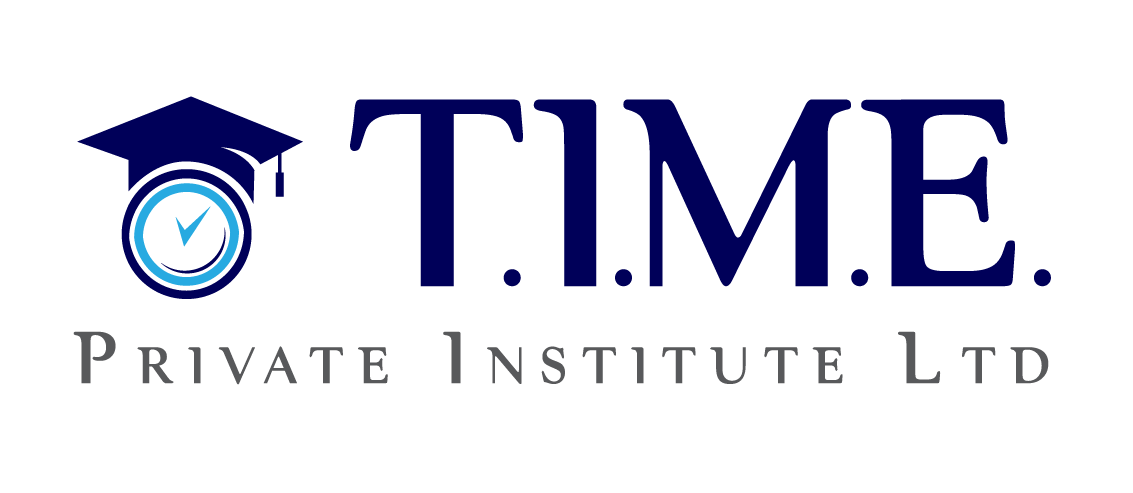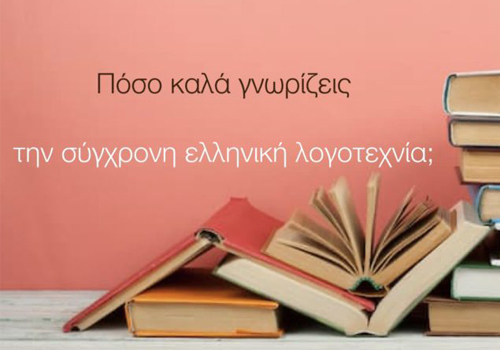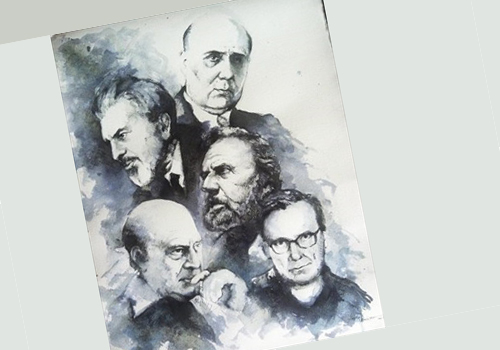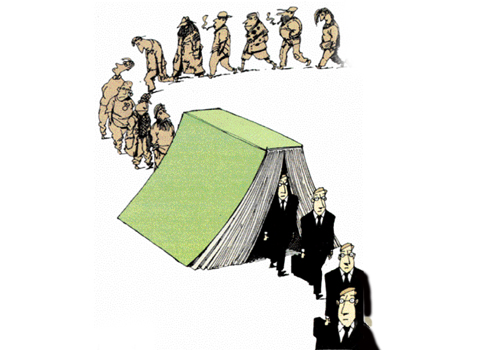Modern Greek Literature
The purpose of literary education is the reenactment of various literature which provides a dialogue between representation and the human condition; this allows students:
a) to appreciate literature as a source of experiences, as a dialectical composition of aesthetic and intellectual emotions, and to recognize their drastic value within their lives;
b) to construct their subjectiveness, by enriching their understanding within aspects of a pre-existing world and those around them, as well as reinforcing their critical attitude towards the way in which literature presents meanings and values.
Students, therefore, need to be supported in the following:
a) Acquire reading skills, in order to use a combination of intra-subjective and extra-objective elements, that will help in identifying trace adequately the semantic background of the texts;
b) ask critical questions / raise topics of discussion about issues addressed in the texts; • the questions behaviors as axes or centers of interaction and conversation between students, and emancipating them both mentally and emotionally,
c) to communicate their arguments within a reading/interpreting community.
The above articulates examine the specific and expected learning outcomes which are as follows:

Comprehension of texts
Students are expected to be able to:
- to reiterate the story told by the text, without interpreting the facts.
- to recognize the various poetic allusions within a poem through the combination of symbols, speech patterns and textual indicators in general, which in turn will enrich pupil understanding
- use one of a narrative’s function and action models to present the plot orally and in text.
- describe a poem’s mood and tone by referring to symbols and language choices (grammars, tenses, verb inflections, punctuation).
Text Interpretation
Students are expected to be able to:
- to place / answer the topic or question that they themselves think the text raises: to answer the question: “what is for you the main topic for discussion that the text raises”.
- take into account the views / interpretations of their classmates which may lead to a formation of a more multifaceted interpretation.
- to speak and write in terms of hypothesis and not of interpretive certainty (“I assume that…” and not “means that…”).
- to reconstruct in a written interpretive judgment the view they formed through such a the complete interactive process.

We understand the teaching of the course not as a sum of modules, but as a set of objectives to strengthen the language and communication skills of the students, through the development of all four language skills (reading and understanding spoken and written language) as well as the development of their criticism thinking..
In this general context, we seek to cultivate more specific skills, such as:
- The recognition of the textual genre, according to the distinction of school grammar and as defined in the Study Programs.
- The recognition of the communicative conditions of texts (transmitter, message, receiver)
- Mastering the structure of the Greek language
- The function of grammatical structures in texts, etc. through the processing of various and diverse texts derived not only from the textbook, but also from authoritative sources, printed or digital.










